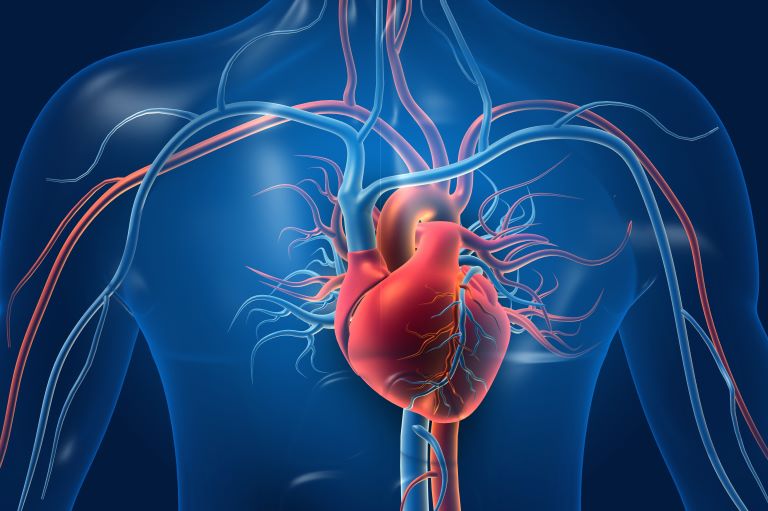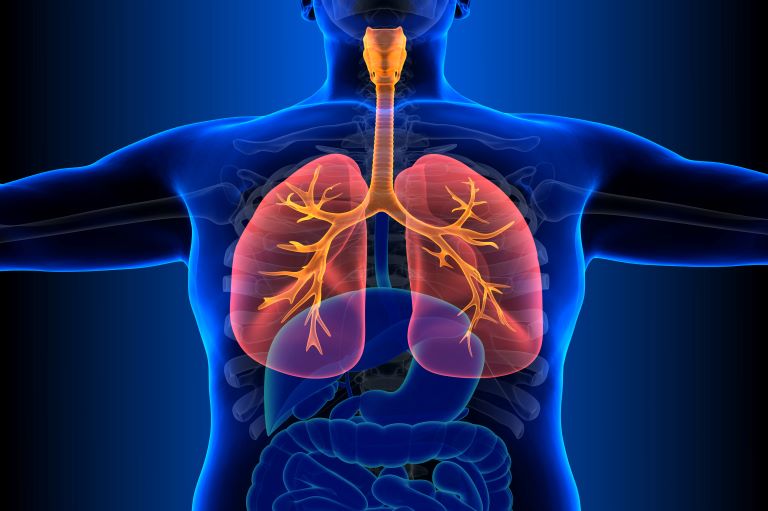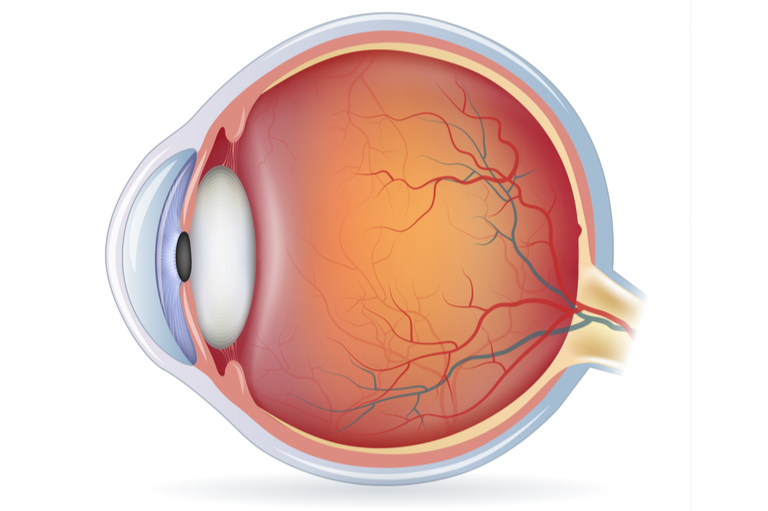Are you sure you want to leave Smoky Mountain Wellness Inc's MyShop site?
Are you sure you want to leave Smoky Mountain Wellness Inc's MyShop site?
Are you sure you want to leave Smoky Mountain Wellness Inc's MyShop site?
Are you sure you want to leave Smoky Mountain Wellness Inc's MyShop site?

Vitamin C (ascorbic acid or ascorbate) is an organic molecule required in small amounts to support various body functions. Vitamin C is best known for its role in supporting the immune system, but this is just one of the many ways vitamin C works to keep you healthy. Ongoing research on vitamin C suggests this nutrient is vital to the proper function of several other body systems. Here is what the research tells us:

The main role of vitamin C in the brain is the antioxidant defense of nerve cells (neurons).1 The brain is an organ with high exposure to free radicals—unstable molecules that can react with, and potentially damage, cells. Vitamin C removes free radicals produced by normal cell metabolism. Studies have demonstrated that vitamin C’s antioxidant defense mechanisms are carried out in two ways: 1) directly, by inactivating free radicals and 2) indirectly, by acting as a key factor in the recycling of other antioxidants, such as vitamin E.
These functions help ensure a balance in free radicals and antioxidants, which minimizes the brain’s exposure to oxidative stress and protects against cell damage. Because increased oxidative stress is associated with disturbances in mood, it has been suggested that vitamin C helps support a positive mood.1
Vitamin C is also involved in other non-antioxidant functions in the brain, including but not limited to:
Though there is still much to be learned about vitamin C’s role in the brain, this nutrient is clearly vital for healthy brain function.

The benefits of vitamin C for heart health are linked to its role as an antioxidant. By preventing the buildup of potentially harmful free radicals, vitamin C helps protect endothelial cells—a layer of cells that lines your blood vessels.2 These cells have the important job of regulating the exchange of oxygen and nutrients between the bloodstream and surrounding tissues.
Vitamin C has also been shown to increase amounts of a compound called tetrahydrobiopterin, which is required for the activity of an enzyme that produces nitric oxide—a potent vasodilator (a compound that opens or expands blood vessels). As levels of tetrahydrobiopterin increase, nitric oxide production goes up. This is beneficial as it allows blood to flow more easily through your vessels and ensures the oxygen and nutrients carried in your blood are effectively transported throughout your body. The vasodilatory actions of nitric oxide are also important in the regulation of blood pressure.3

In your lungs, antioxidants are the first line of defense against free radicals.4 Vitamin C is one such antioxidant found in the thin fluid layer that lines much of your respiratory tract. Upon exposure to things like air pollution, free radicals may form in your lungs. Vitamin C protects your lung cells by stabilizing free radicals.4
The stabilization process involves vitamin C donating part of its structure to the free radical. Vitamin C then takes on a new form called dehydroascorbate. Normally, enzymes in your cells can turn this molecule back into ascorbate (vitamin C) so that ascorbate can be used again to defend against more free radicals. Your lung cells, however, lack the enzymes to replenish vitamin C.4 As such, your lungs must transport vitamin C from the blood.
Your blood, specifically the plasma portion, acts as a reservoir for vitamin C and transports this nutrient to your tissues as needs arise. To ensure the reservoir is adequately stocked, you must consume sources of vitamin C daily.

Like your brain, your eyes have a high metabolic rate which increases their exposure to free radicals.5 Nutrients, such as vitamin C, provide antioxidant protection by helping ward off the potentially harmful effects of free radicals. In your eyes, vitamin C may also be used to regenerate other antioxidants, such as vitamin E.6
As noted earlier, vitamin C is required to make collagen, a key component of blood vessels and connective tissue. By supporting collagen formation, vitamin C helps maintain connective tissue found in the cornea of your eye and promotes the health of blood vessels, such as the capillaries in your retina.7
How much vitamin C do you need?
Vitamin C is considered an essential nutrient, as it required for many cellular functions but cannot be made by your body. According to the National Institute of Health (NIH), healthy adults need 75–90 mg of vitamin C per day.8 This nutrient can be found in a wide variety of foods and dietary supplements.
To ensure you are getting adequate amounts of vitamin C, eat a diet rich in fruits and vegetables: specifically, green peppers, broccoli, citrus fruits, strawberries, melons, tomatoes, raw cabbage, and leafy greens. If you are considering adding a dietary supplement to your daily regimen, it is always a good idea to speak with a healthcare professional first to make sure it is safe.
You are trying to view a MyShop page. Please log out in order to view this website.